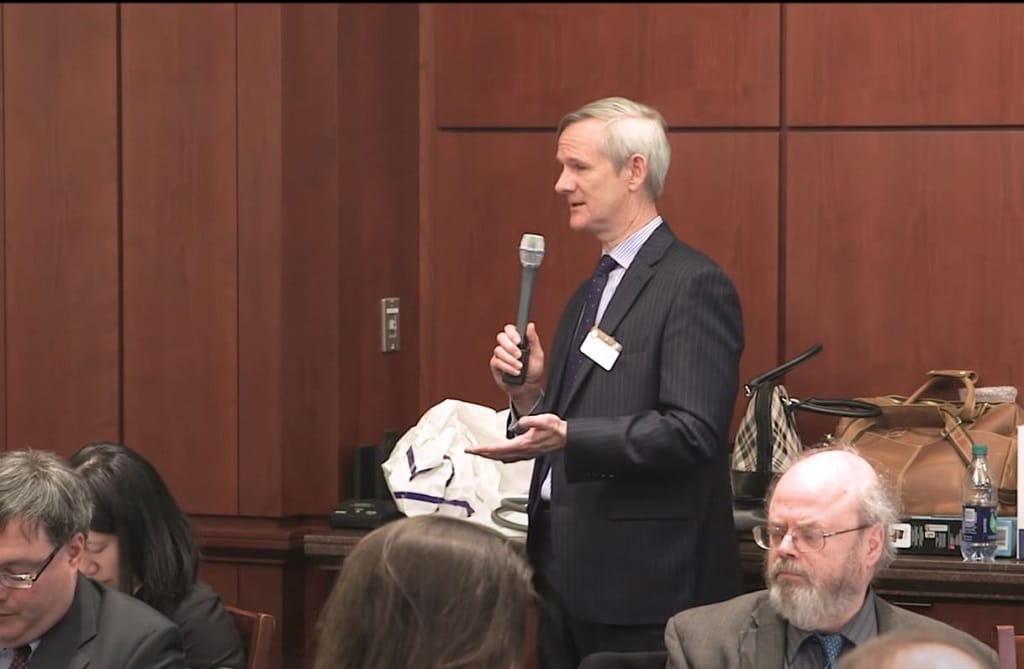Anchor Associations Asking for Deadline Extension on Emergency Connectivity Fund Deployment
Associations say delays in getting fund approval and services/equipment means not getting full use of the program.
Ahmad Hathout

WASHINGTON, April 6, 2023 – A duo of anchor institution associations has requested Wednesday that the Federal Communications Commission extend the deadlines to implement funding from the Emergency Connectivity Fund, in part citing delays in getting and deploying equipment and services.
The Schools, Health and Libraries Broadband Coalition and the Consortium for School Networking have asked for a year extension to June 30, 2024 for the first two funding rounds if the applicant received a decision on or after March 1, 2022, and a six-month extension to the aforementioned date for the third and latest round to implement money from the program intended to keep students connected to the internet when away from school. Their request asks to waive a section of the program rules that have set those current dates in stone.
According to the waiver request filed Wednesday, funding recipients have either received a decision letter “with a narrow amount of time” to use the funding prior to the current delivery dates or have yet to receive their application approval.
“Certain factors, such as the amount of time between when an applicant received its [decision or revised decision letter] and the service delivery date, combined with the time necessary for a recipient to order, receive, and distribute equipment and services once they are procured, could inhibit an ECF recipient from fully using their requested funding prior to the service delivery dates,” the waiver request said.
The duo added that “many applicants” wait to enter contracts for the equipment and services until they get funding approval. Those that put the cart before the horse may find themselves having to renegotiate certain terms, for example in the case where services or equipment prices increased by the time they get the funding notice, the request said, adding the anchor institutions have been up against “any remaining manufacturing and global supply chain issues” from the pandemic that are contributing to delays.
The organizations gave several examples of problems faced by the anchor institutions where they would not be able to provide the 12 months of services provided by the program, including size and availability increases of buses in Georgia adding additional deployment time and a California education office that had to coordinate with multiple programs that delayed deployment.
“In these cases, even an applicant that received its [funding letters] exactly twelve months prior to the current applicable service delivery date would not be able to provide a full twelve months of ECF-supported service,” the request said.
The waiver request said if the commission does not extend the delivery dates, applicants won’t be able to use all their award funding, which will mean the regulator will have spent less than the full amount appropriated by Congress.
“It would be a far better policy outcome for the Commission to extend the deadline and allow applicants to utilize the full amount of their awarded funding rather than opening a fourth application window to award the remaining dollars,” the duo said.
The FCC has allocated just over $6.6 billion of the $7.1 billion from the ECF program, as it has been making periodic funding decisions over the months.











Member discussion